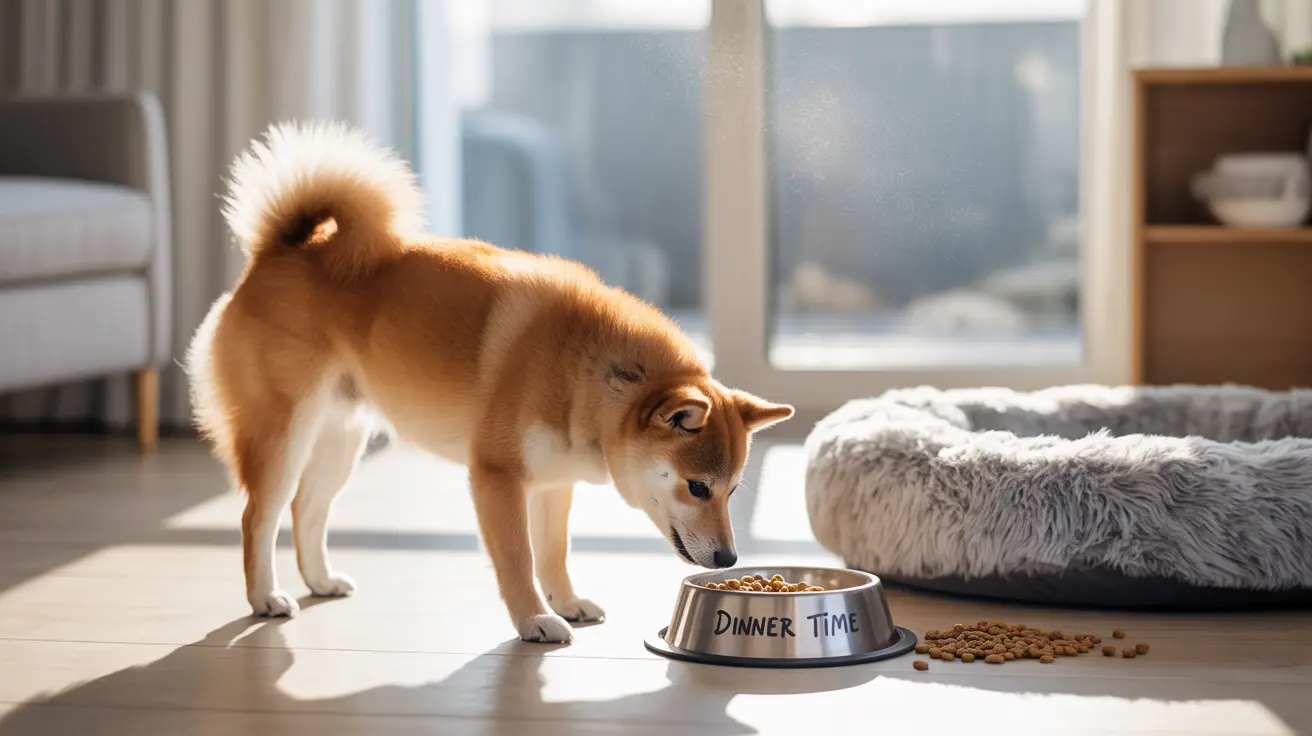Bringing a new dog into your life is an exciting but significant decision that requires careful planning and preparation. Whether you're considering adopting from a shelter or working with a reputable breeder, understanding what's involved in getting a dog will help ensure a smooth transition for both you and your new furry family member.
This comprehensive guide will walk you through everything you need to know about getting a dog, from initial considerations to long-term responsibilities. We'll cover essential preparations, required supplies, and crucial steps to take before and after bringing your new companion home.
Evaluating Your Readiness for Dog Ownership
Before getting a dog, it's crucial to honestly assess your lifestyle and capabilities. Consider your living situation, including whether your housing allows pets and if you have adequate space. Many apartments and rental properties have specific pet policies and breed restrictions that you'll need to verify.
Evaluate your daily schedule and energy levels. Dogs require consistent care, including regular exercise, feeding, and attention. If you work long hours or travel frequently, you'll need to arrange for reliable pet care during your absences.
Financial Planning for Your New Pet
Dog ownership comes with significant financial responsibilities. Initial costs include adoption fees, supplies, and initial veterinary care. Monthly expenses typically cover food, preventative medications, and routine care. Set aside an emergency fund for unexpected veterinary expenses, which can be substantial.
Consider pet insurance to help manage potential medical costs. Research different providers and coverage options before getting a dog to ensure you select the best plan for your needs and budget.
Creating a Dog-Safe Environment
Your home needs several modifications to ensure it's safe for a canine companion. Remove or secure potential hazards such as toxic plants, chemicals, and loose wires. Install baby gates if needed, and ensure your yard is properly fenced with no escape routes.
Designate specific areas for your dog's belongings, including feeding stations, bed or crate location, and toy storage. This organization helps establish routines and makes the transition easier for your new pet.
Essential Supplies Checklist
Gather necessary supplies before bringing your dog home:
- Quality food appropriate for your dog's age and size
- Food and water bowls
- Collar, ID tags, and leash
- Comfortable bed or crate
- Age-appropriate toys
- Grooming supplies
- Cleaning products for accidents
- Basic first-aid kit
First Week Success Strategy
The first week with your new dog is crucial for establishing routines and building trust. Schedule a veterinary check-up within the first few days, begin house training immediately, and start establishing consistent feeding and exercise schedules.
Take time off work if possible to help your dog adjust to their new environment. Keep interactions calm and positive, allowing your pet to explore their new home at their own pace.
Long-Term Care Considerations
Successful dog ownership requires ongoing commitment to your pet's physical and emotional well-being. This includes regular veterinary care, consistent training, proper exercise, and maintaining social connections with both humans and other dogs.
Stay informed about breed-specific needs and potential health issues. Develop a relationship with a trusted veterinarian who can guide you through various life stages and health challenges.
Frequently Asked Questions
What are the essential steps to prepare my home for a new dog?
Remove hazards, secure loose items, create designated spaces for feeding and rest, install baby gates if needed, and ensure your yard is safely enclosed. Purchase essential supplies and set up a comfortable space for your new pet before their arrival.
How do I choose the right food for my dog based on their age and breed?
Consult with your veterinarian for specific recommendations based on your dog's age, size, breed, and any special health considerations. Start with the food they're currently eating and transition slowly to a new diet if needed.
What are the most important vaccinations and preventatives my dog needs?
Core vaccinations include distemper, parvovirus, adenovirus, and rabies. Your dog will also need regular preventatives for fleas, ticks, and heartworms. Your veterinarian will create a personalized vaccination and prevention schedule.
How can I ensure a smooth transition for my dog during the first week of adoption?
Maintain consistent routines, provide a quiet space for adjustment, start house training immediately, and begin establishing basic commands. Keep interactions calm and positive, and don't overwhelm your new pet with too many new experiences at once.
What are the long-term financial considerations for owning a dog?
Budget for regular expenses including food, preventative medications, routine veterinary care, grooming, and supplies. Plan for unexpected medical costs through emergency savings or pet insurance. Consider additional expenses like training classes, boarding, or pet sitting services.






